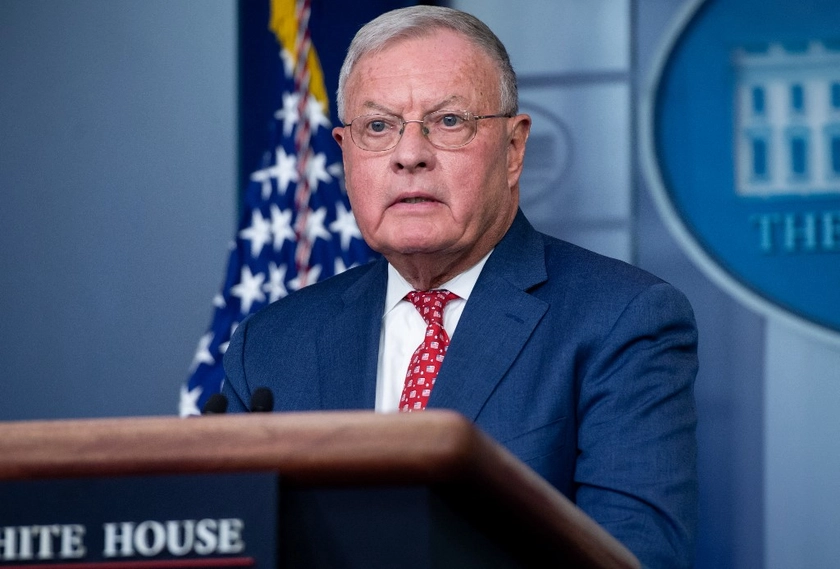Russia has secretly spent at least £260 million ($US 300 million) since 2014 to try and influence politicians and other executives in more than two dozen countries, according to a diplomatic cable made public by the U.S. State Department.
It made the uncharacteristic move of making public the cable, which U.S. Secretary of State Antony Blinken signed and which was sent to American embassies and consulates abroad, many of which were in Europe, Africa, and South Asia.
JOIN US ON TELEGRAM
Follow our coverage of the war on the @Kyivpost_official.
The non-classified memo, which wasn’t meant for international audiences, contained a number of talking points about alleged Russian meddling that U.S. ambassadors were told to bring up with their host countries.
It claims that the U.S. is now giving select particular countries access to confidential material but does not mention which specific countries Russia is after.
The contents indicate that intelligence officials think Russia intended to transmit “at least hundreds of millions more” dollars to officials and groups around the world that support it.
The cable makes no mention of how intelligence officials arrived at the final figure or of worries that Russia or other enemies might try to meddle in U.S. politics once more.
Sanctions, travel restrictions, and disclosure of covert financing are among the actions diplomats were instructed to advocate.
Russian President Vladimir Putin has long been accused of interfering in domestic politics by Ukrainian President Volodymyr Zelensky and his senior deputies.

France to Host European Army Chiefs Tuesday on Ukraine Support: Source
Additionally, a high-ranking official in the U.S. government informed the Associated Press that there have been claims of Russian meddling in recent elections in Albania, Bosnia, and Montenegro, all of which are Eastern European nations that have historically been subjected to pressure from Russia.
The ongoing threat of foreign election interference was addressed by U.S. President Joe Biden just last week, who extended a national emergency declaration.
It will cover the November 2022 elections for the House of Representatives and the Senate.
“We’re promoting co-ordination with our democratic peers,” an official said speaking on condition of anonymity. “And we’ll be exchanging lessons learned, all to advance our collective election security, but also our election security here at home.”
The cable claims that Russia’s covert influence involved using front organisations to funnel money to preferred causes or politicians, in contrast to the open efforts of foreign governments to lobby for preferred initiatives.
That includes state-owned businesses in Central America, Asia, the Middle East, and North Africa, as well as think tanks in Europe.
Ned Price, a spokesman for the State Department, described Russia’s covert funding as an “assault on sovereignty”.
“It is an effort to chip away at the ability of people around the world to choose the governments that they see best fit to represent them, to represent their interests, and to represent their values,” he noted.
You can also highlight the text and press Ctrl + Enter











